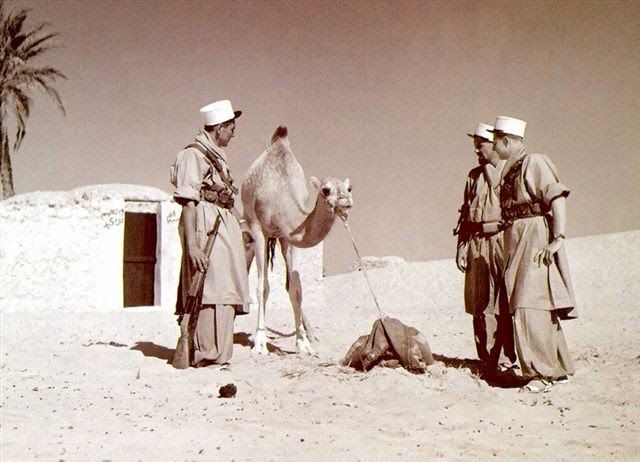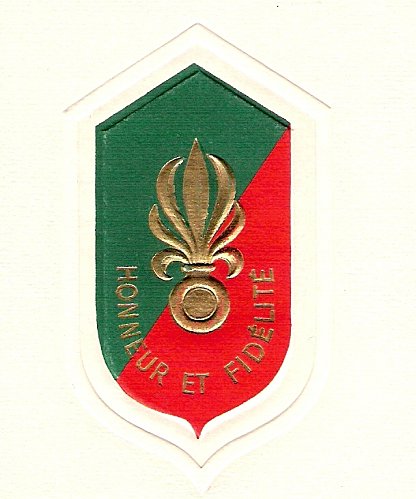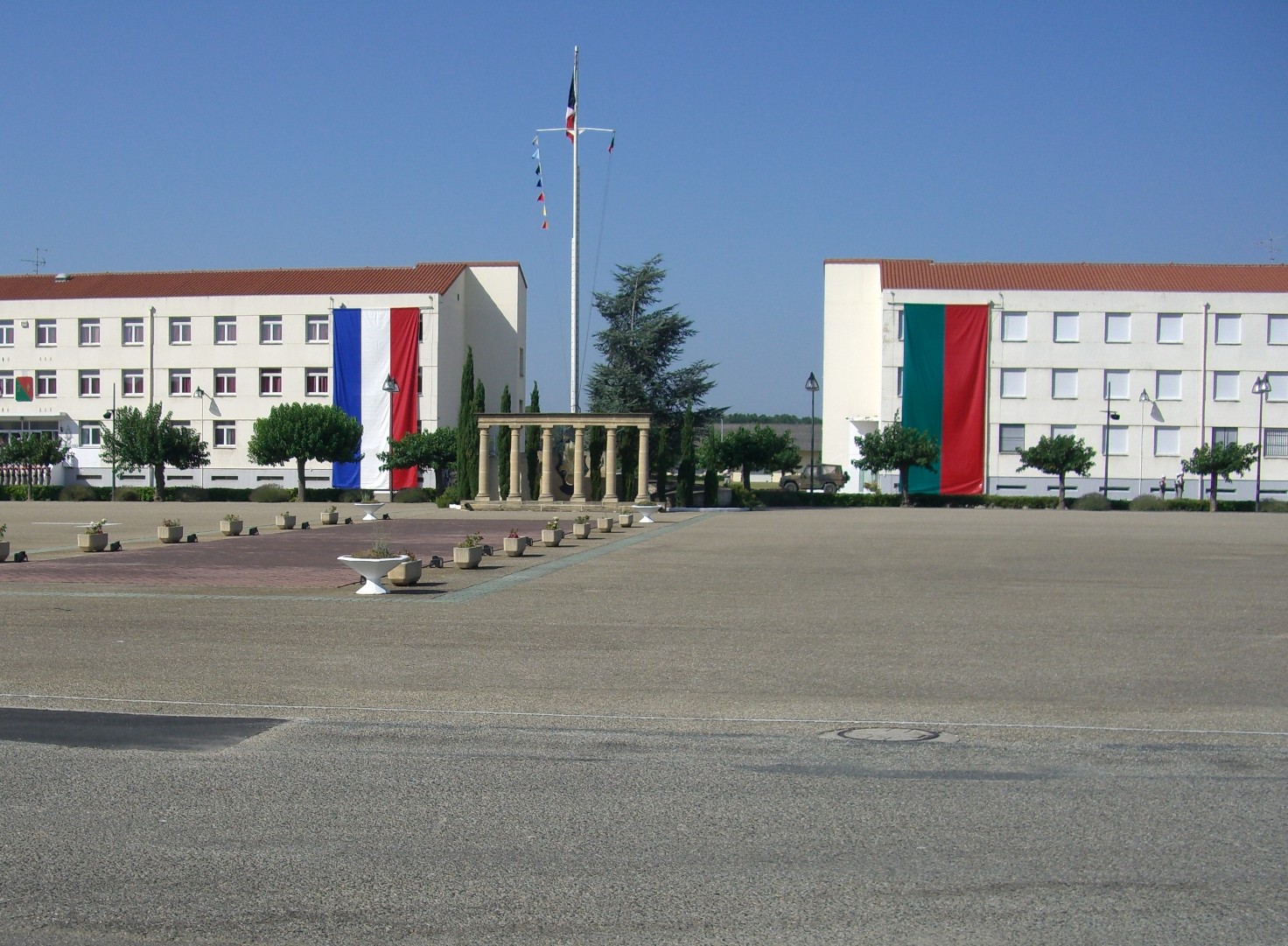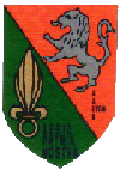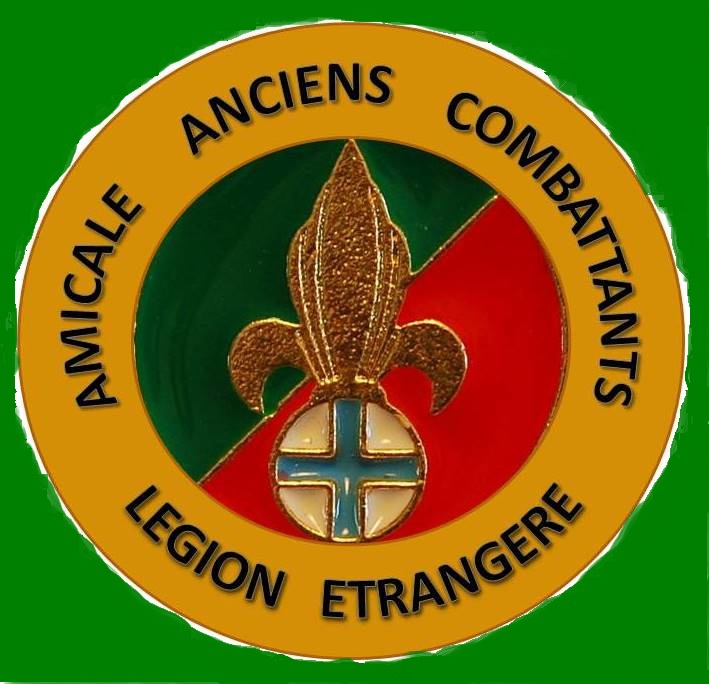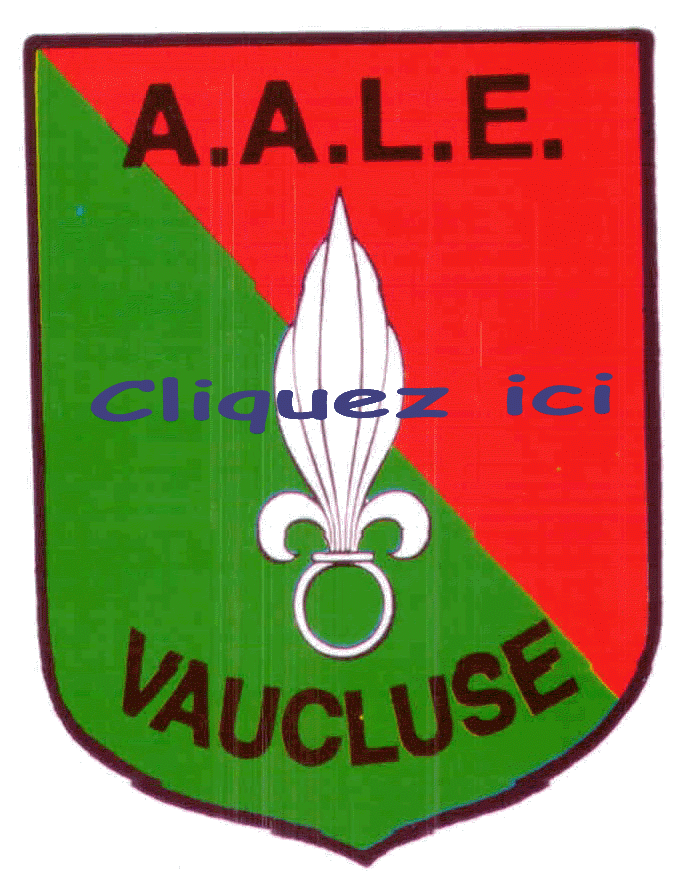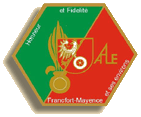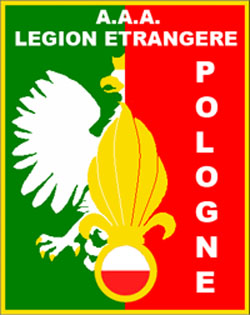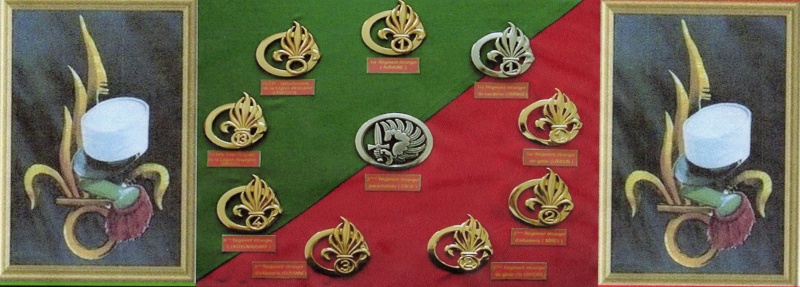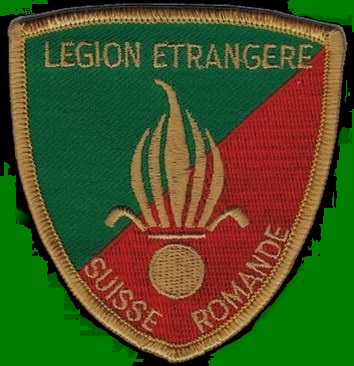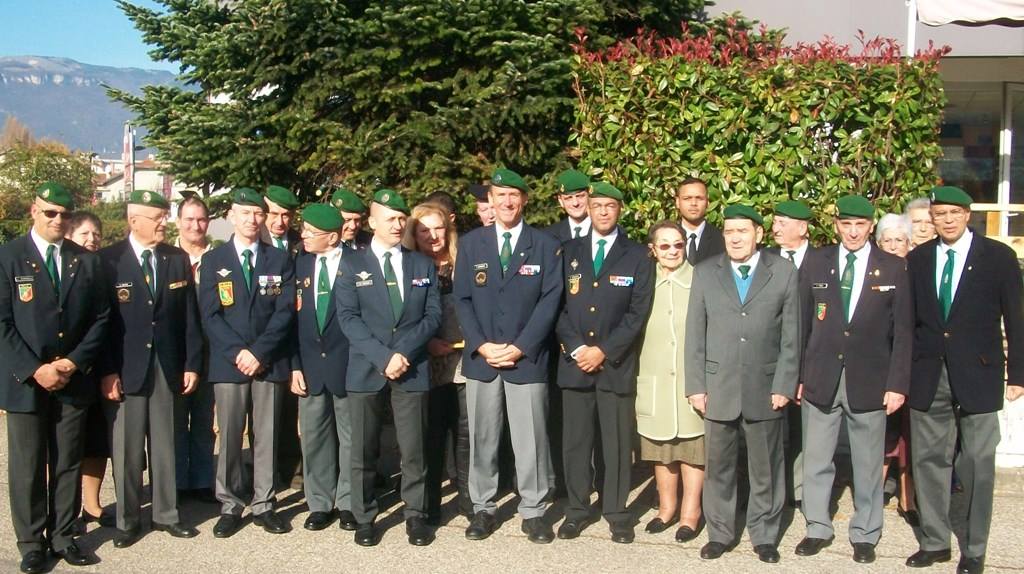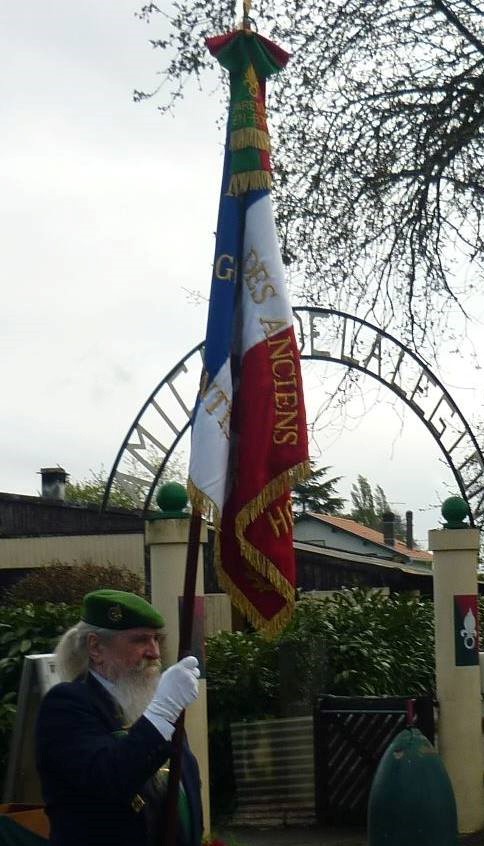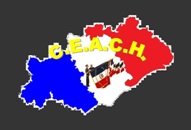2017-10-02

Each year, about 200 soldiers from the elite military unit become naturalized French citizens.
PARIS — Even if the sky was falling, they would still stand straight and calm. They are the Légion Étrangère, the French Foreign Legion, a unique military unit with its own history in this patriotic land.
As they do every year, the Legion stood out at this past July 14th's national celebration parade. Perhaps it’s because of the myths that surround this unique elite unit, which was created in 1831, and the distinct white kepi, a French military cap with a horizontal peak, that the troops wear. Wielding axes and big beards at the parade, they walked in front of the flags and their chiefs, unlike all the other units. It was a tradition inherited from history, when they were in charge of clearing paths with their axes.
The Legion is the only unit that marches at “88 steps per minute,” an officer explained, whereas other units do 120 steps for the same time. Other particularity: all troops, when they get to the Champs Elysées and face the president, split up. The legionnaires go to the same side — “undivided,” a battalion commander of the 4th Foreign Regiment pointed out.
This year, there were 205 legionnaires of 44 nationalities at the parade. They are all members of the 4th Regiment, the Legion’s school based in Castelnaudary, in the south of France, which trains between 1,300 and 1,700 men each year. Most of them were in Paris for the first time. After 12 years of service in the Legion, Sergueï, a 32-year-old Russian, asked for French nationality. The naturalization document was handed to him on the July 13 during a ceremony at the Senate — by the French president.
“He was crying with happiness,” on the day he got the news, an officer recalled.
Most legionnaires, however, don't go through the administrative steps to become French. Since 1998, 5217 legionnaires have received French nationality through naturalization — about 200 per year. “Only 10% of the men ask for French nationality,” said Colonel Nicolas Dufour of the 4th Regiment. “There are many easier ways to obtain citizenship.”
For the Foreign Legion and its 8,624 men of 150 different nationalities, administrative requests are constantly analyzed. These soldiers need to have served for at least three years, a way to “avoid illegal immigration,” and they also need to prove they want to be part of the French nation and obtain a certificate of good behavior.
The request is looked at by commanders of the Legion, who can sometimes refuse it. It’s then sent to the Interior Ministry or the prefecture. The procedure is the same for civilians. It takes about 18 to 24 months. As for their French language skills, nothing more than the 600 to 800 words required at the end of their 4-month training is demanded of them. Their motivations are often the same: the prestige of France and the love for a country they serve. Some of the naturalized soldiers also keep their birth nationality. Others are forced to give it up if their homeland doesn’t accept dual citizenship.
There is also another, less common way for them to obtain French nationality. Since 1999, France has been using Article 7 of the “Code du legionnaire” — “never leave your wounded and your dead behind” — through a law stating that every member of the Legion can become French if they lost blood in the process. Since 2000, 19 wounded legionnaires have obtained citizenship through this entitlement. If a soldier is killed in action, his children under 18 can also obtain it. Since 1831, almost 38,000 legionnaires have been killed in action and more than 40,000 have been wounded since 1940.
French Foreign Legion in Orange — Photo: Jean-Louis Zimmermann/Flickr
Hand on heart
In the Hungarian army since 2001, Corporal Attila, 35, “always wanted to join the French Foreign Legion” and took the leap in 2009. He “always had a French heart,” and is a longtime fan of the country's culture and movies, especially those of Gérard Depardieu, he recalls, smiling. But last year, after eight years of service, he officially became French during a ceremony at the Senate. He also kept his Hungarian nationality. “In Hungary, I’m home, and France is my Home,” he says, with his hand on his heart.
His journey is like his brother’s, who has been a legionnaire for 18 years and “who became French, along with all his children,” Attila said. Afghanistan, Ivory Coast, New Caledonia… He goes from one battlefield to the other, like his brothers in arms, rifle in his hand and… a horn under his arm, as he is also a musician. He says he is always happy to go back to France, which gave him everything: “My job, and my wife!”
This is my country
Sergueï is 32 years old but he has a kid’s smile and shining blue eyes. He is “proud” and “touched” to have paraded on the Champs Elysées and Luxembourg Gardens. He applied for citizenship last July. Now a commando instructor, he came to France in 2005 to enlist in the Legion from his Russian homeland and never went back. His life is here, near his Brazilian wife and his children, who were born in France. “I started from the bottom when I arrived, and I learned everything here,” he explained. “This is my country. Everything I have now is thanks to the Legion.”
In my blood
Sgt. Cristian, 28, thought it through: he wants to become French and is therefore set to send his request. He “adores wine and French cheese” and wants to specialize in it when he retires. The soldier had been serving in the Legion for seven years but knew that for his fiancée, who still lives in his native Romania, life would be better in France. Especially “when it comes to schools,” he says, adding that he identifies with French culture. His to-do list includes a visit to the north of France as he has always been told that “it’s super nice” and that people are welcoming. He also wants to go back to Guiana, where he already lived for two years. On July 14, he marched on the Champs Elysées with his comrades of the 4th Regiment. He was emotional but not stressed. He explains, rolling the “r” in French: “It’s the job, we know how to do it, we’re working.”
A mortar shell
Mariusz Nowakowski, who is from Poland, acquired French nationality in 1993. It's thanks to him that the law with the special clause about gaining citizenship through blood lost for France came into being. In February 1993, when he was 23, he was deployed as a legionnaire in Sarajevo and lost his leg because of a mortar shell. He was in a coma for weeks. In May 1993, François Léotard, the then defense minister, visited him and asked him what he wanted. No money, no medals, just “becoming French”, he said. He remembers “being scared of having to leave the Legion and France” despite feeling like “he had done something for the country” and “feeling like a Frenchman.” He is now a father and works for Képi blanc, the Legion’s magazine, where he is in charge of subscriptions.




































